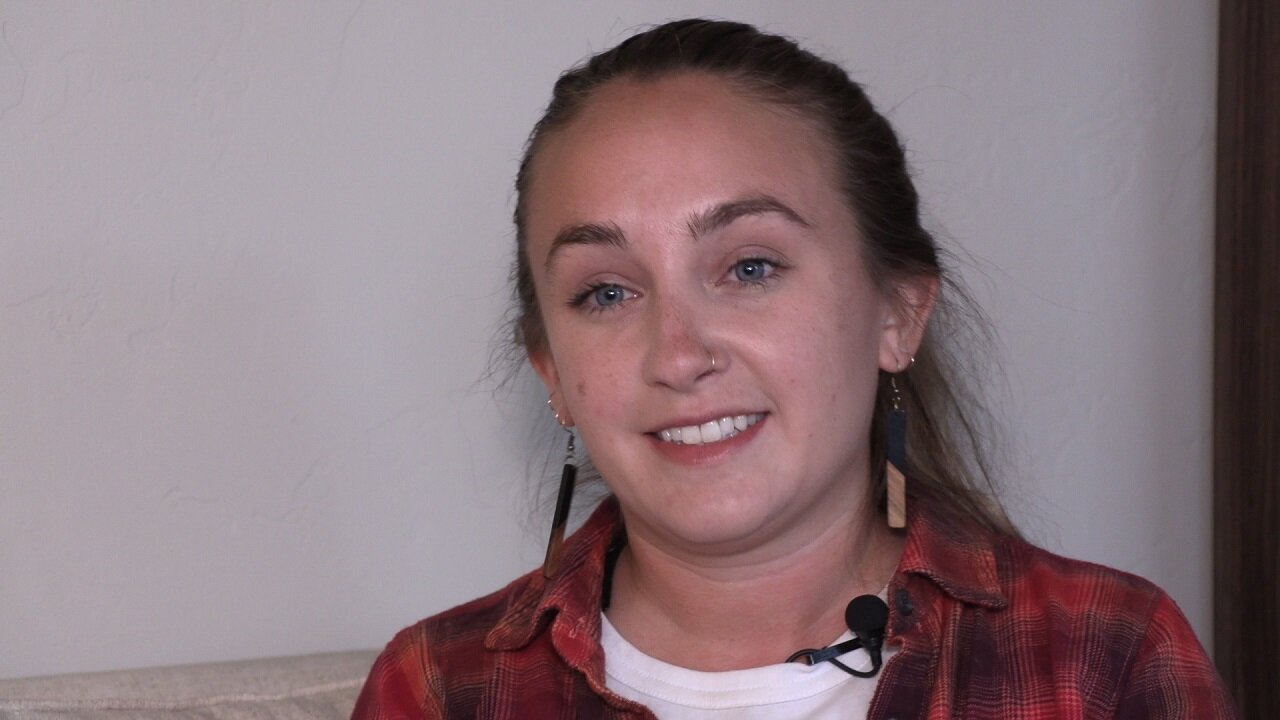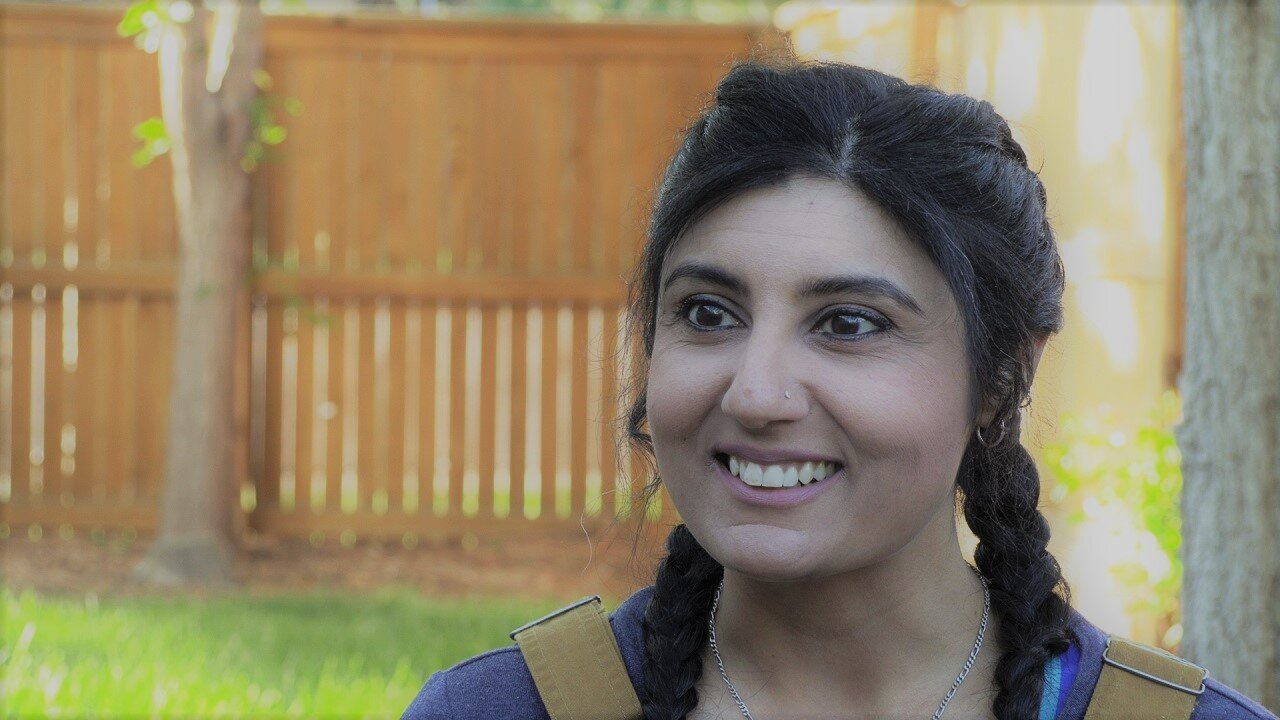Colorado teachers are considering leaving their jobs at higher rates

DENVER — A survey from the Colorado Education Association — the largest educator’s union in the state, representing more than 39,000 educators — found that 67% of their members have considered leaving the field since the COVID-19 pandemic flipped education on its head.
“Of course we don’t expect that many people to retire or resign, but it is a red flag and a warning sign that teachers are feeling stressed, stretched and burnt out,” said Amie Baca-Oehlert, the union’s president. “This past year, many have decided, was one of the hardest they’ve ever experienced.”
Sarah Klaiber, an elementary school teacher who has taught in the Denver metro area for nine years, said the career has always come with challenges: kids with behavioral issues, communicating with parents and working in a high-stress environment for relatively low pay. Klaiber felt equipped to deal with those challenges, but things reached a breaking point when COVID-19 hit in 2020.
“I don’t think that most teachers, including myself, have gotten the support that they need from parents and administrators,” Klaiber said. “I think that administrators, for the most part, are doing their best as well; I just think everyone is very stretched thin and there are a lot of needs in every classroom.”
After a year of teaching almost entirely online, Klaiber said students struggled to return to the traditional classroom, where they were expected to sit still, not speak out of turn and pay attention for eight hours.
“They’ve lost a level of autonomy that they had when they were at home,” Klaiber said. “The fact that we expect 8 year olds to sit and be silent for most of the day is starting to feel unfair to them.”
Madi Shaheen, a former teacher in the Denver area, echoed Klaiber’s concerns and said the blame for kids not performing well in a pandemic-riddled classroom often fell on teachers.
“It was always the teachers fault; the teachers weren’t doing enough,” Shaheen said. “There has to be a stop somewhere where teachers no longer feel like they’re the reason why students aren’t performing well.”
Sheehan said teachers go into the field because they are passionate about working with kids and do not expect high pay or recognition, but some form of appreciation after working through a pandemic, a series of school shootings and skyrocketing costs with stagnant wages would have helped low morale.
“Educators don’t do this for recognition or appreciation, but there comes a point in time where you just get burnt out,” Shaheen said. “There is a deeper issue, and it has nothing to do with the educators, because we’re putting the time and the blood, sweat and tears in everyday and we’re not being appreciated or acknowledged.”
Related Stories
Klaiber said she felt pressure from parents and administrators to create a perfect environment in the classroom without the support to make that happen.
“It feels like if you haven’t been successful in creating this happy, calm environment where all students are complying with rules, then you’ve failed as a teacher,” Klaiber said. “Teachers are used to being in their own little classroom bubble, and unless you’re crying for help and being very explicit in what you need, you might not get help.”
In the education association’s survey, Baca-Oehlert said many teachers also felt they lacked autonomy in their curriculum, particularly as hot-button issues like Critical Race Theory, teaching about LGBTQ+ rights and wearing in schools made their way into the spotlight.
“A lot of people are feeling that their professional voices were not respected,” Baca-Oehlert said. “The ones that are closest to the students are rarely asked their opinion and their professional expertise, so that certainty discourages people.”
Baca-Oehlert also pointed to the trauma students have experienced over the last two years, from having their lives put on pause due to the pandemic to watching their peers die in shootings. Teachers have been unreasonably expected to provide mental health care for their students, Baca-Oehlert added.
“Our students have experienced collective trauma, and our educators have little resources to meet their mental health and social needs,” Oehler said. “That weighs on our educators because we know students can’t learn if they’re not feeling safe and healthy, so when you don’t have the resources and support and you have mounting pressure on you, that adds to the burnout that our educators are feeling.”
As the school year ended with one of the deadliest school shootings in history, Baca-Oehlert said teachers and students are left fearing for their lives with not much reassurance from those who are supposed to keep them safe.
“The fear and the worry that you may walk into your school on any given day and not walk out, that's really hard for our educators, for our students, for our families to think about,” Baca-Oehlert said. “That is a very real fear that our educators carry.”
Alison Berg is a multimedia journalist at Rocky Mountain PBS. You can reach her at alisonberg@rmpbs.org.
Lindsey Ford is a multimedia journalist at Rocky Mountain PBS. You can reach her at lindseyford@rmpbs.org.

